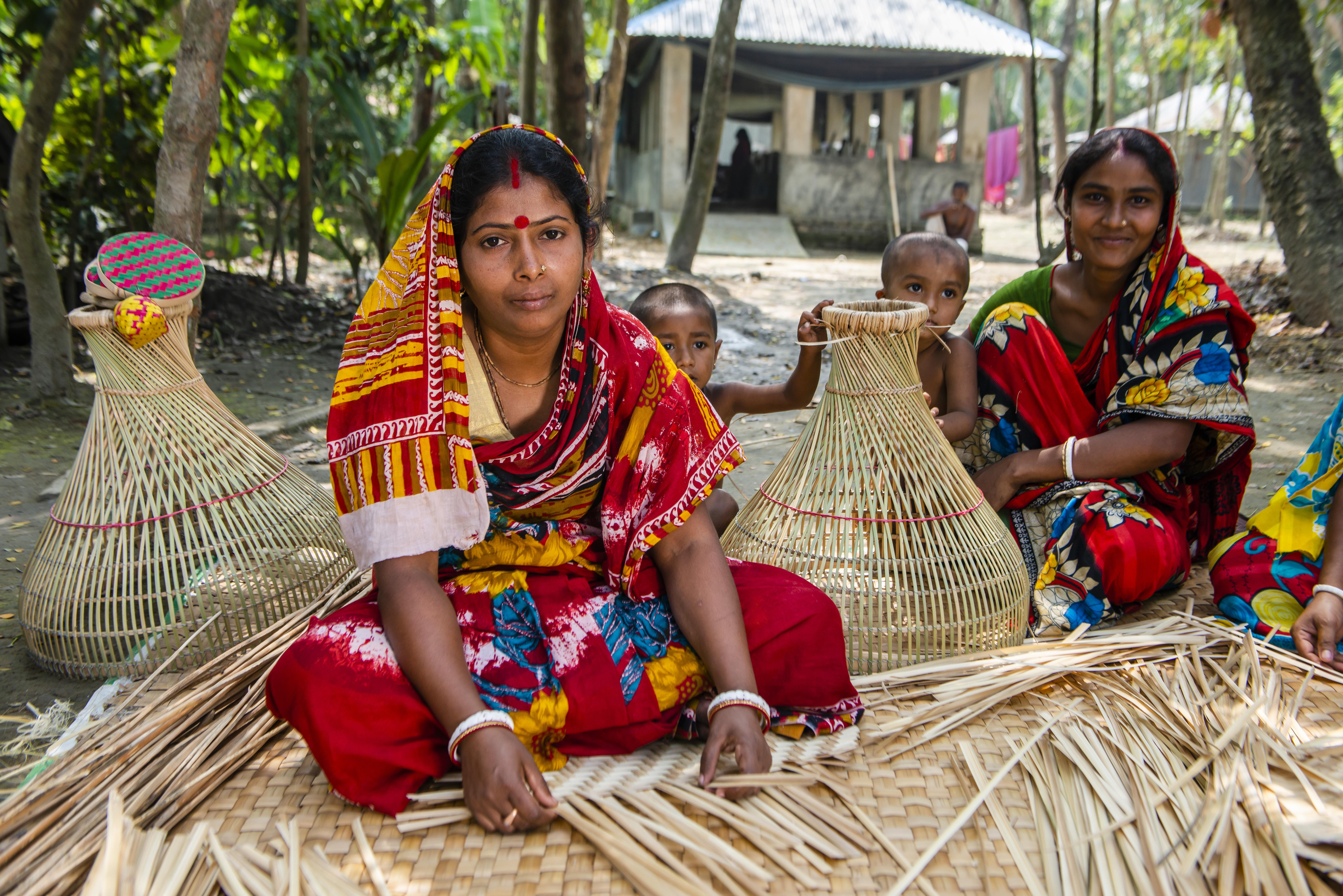Project Overview
Duration: 6 years
Budget: 220.00 million USD
Period: July 2016 to June 2021
Funding: World Bank and Govt. of Bangladesh
Client & Country of Assignment: Financial Institutions Division, Ministry of Finance, Bangladesh.
Role on Assignment: Lead Implementer on behalf of the Financial Institutions Division, Ministry of Finance, Bangladesh.

The Nuton Jibon Livelihood Improvement Project (NJLIP), implemented by the Social Development Foundation (SDF) under the Financial Institutions Division of the Ministry of Finance, was a transformative project aimed at enhancing the livelihoods of poor and marginalized households across rural Bangladesh. The project was launched in July 2016 and completed in June 2021, with a total budget of USD 220 million funded by the World Bank and the Government of Bangladesh.
NJLIP targeted 3,200 villages across 16 districts, reaching approximately 950,000 impoverished households. Its holistic approach focused on empowering local communities, improving income-generating opportunities, building climate resilience, and enhancing access to essential services such as health, education, and sanitation. The project emphasized reducing vulnerability to climate change, strengthening disaster preparedness, and fostering inclusive and sustainable rural development through community-driven initiatives.
